State of Emergency: The Parliament voted on and adopted the government’s motion to extend Turkey’s state of emergency for another three months from the 19th of January.
Afrin: Turkey started its military operation in the Afrin region of Syria. Green Gazette is covering sharing relevant opinion pieces.
Journalist Hrant Dink was remembered on the 11th anniversary of his murder. This year, the Hrant Dink Foundation declared the site of his murder is going to be made a Social Memory Centre. The crowd was addressed by Fethiye Çetin, the Dink family attorney.
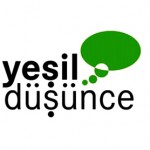 The Green Thought Association kicked off its Green the Local Green the Climate training series together with the Bornova Municipality in Izmir, as part of the EU-Turkey Capacity Building in the Field of Climate Change Grant Scheme. The first seminar was by the association’s board member Dr. Barış Gencer Baykan and given to municipality personnel as a career development workshop. It focused on the role of municipalities and citizens in combatting climate change.
The Green Thought Association kicked off its Green the Local Green the Climate training series together with the Bornova Municipality in Izmir, as part of the EU-Turkey Capacity Building in the Field of Climate Change Grant Scheme. The first seminar was by the association’s board member Dr. Barış Gencer Baykan and given to municipality personnel as a career development workshop. It focused on the role of municipalities and citizens in combatting climate change.
As the 45km route of the Kanal İstanbul shipping canal project was declared, Green Gazette contributor Pelin Cengiz wrote summarizing the dangers the project poses. As of now, neither the cost nor the financing model(s) of the project has been declared. Contrary to procedure, the project was made open for public comment only for one day. She took WWF’s and TEMA foundation’s reports as a point of departure and said:
– It is going to diminish Istanbul’s drinking water reserves.
– It is going to change water flows between the Black Sea and the Marmara Sea, and change the chemical composition of the Marmara, diminishing oxygen and life, and through increasing hydrogen sulfate levels, cover Istanbul and the whole region with the stench of rotten eggs.
– It is going to take five years and 17.75 million truckloads to excavate.
– It is going to cause localized climate change through the huge construction work in the short run, and cause the destruction of micro-climate zones through land use change in the longer term.
-It is going to devastate Istanbul’s natural ecosystem, including its forests, sand dunes, and wetlands, with the 2500 species living here and with one of Europe’s 100 forests that need protecting.
– It is going to proceed through forestland and only the physical existence of the canal is going to destroy 300 to 350 hectares of forest.
– It is going to endanger wildlife, especially by creating an island Istanbul and cutting off animals from the whole of their habitation areas.
– It is going to effect settlements, including through expropriation.
– It is going to take agricultural land out of use, including through damage to groundwater.
– It is going to involve great economic risk. The way Turkey’s sovereign fund is going to be used in the project is still dubious but it was cited as one of the reasons behind the creation of this fund with opaque oversight.
– It is going to contradict the Montreux Convention Regarding the Regime of the Straits, if ships on transit are impended into using the canal instead of the Bosporus.
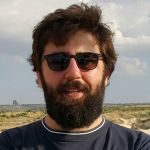 Koray D. Urbarlı reviewed public reception of news on Kanal İstanbul, pointing to the short-term speculative focus prevalent in society, in disregard of whether or not such a project is necessary, let alone of its environmental impact. He depicts this attitude as a lynching of the city, the environment, and life.
Koray D. Urbarlı reviewed public reception of news on Kanal İstanbul, pointing to the short-term speculative focus prevalent in society, in disregard of whether or not such a project is necessary, let alone of its environmental impact. He depicts this attitude as a lynching of the city, the environment, and life.
Europa Nostra and the European Investment Bank Institute shortlisted the Prinkipo Greek Orphanage on Istanbul’s Princes’ Islands for the 7 Most Endangered programme, 2018. The building is considered the second largest wooden building in the world.Closed since 1964, it is severely worn down.
Solar Roofs Get Clearance: The long awaited framework for individual consumers to sell solar electricity to the grid was 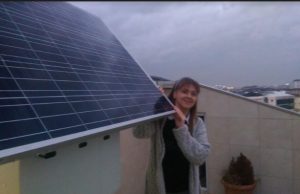 published this week in the Official Gazette. The users will still need to set up individual owned firms and bill the utility company, or alternatively, join a solar cooperative, if they want to sell power, but the regulations make it clearer and quicker for consumers to set up and produce solar power of upto 10kWh capacity on their roofs. Green Gazette interviewed Oral Kaya of Troya Environmental Society and Ebru Özel, a solar volunteer with Earth Association regarding the issue.
published this week in the Official Gazette. The users will still need to set up individual owned firms and bill the utility company, or alternatively, join a solar cooperative, if they want to sell power, but the regulations make it clearer and quicker for consumers to set up and produce solar power of upto 10kWh capacity on their roofs. Green Gazette interviewed Oral Kaya of Troya Environmental Society and Ebru Özel, a solar volunteer with Earth Association regarding the issue.
Turkey’s Constitutional Court approved the Ilısu Dam going ahead and flooding the historical town of Hasankeyf. The town has a history of as much as 10 thousand years. The court ruled that the consideration is a matter of appositeness, and thus is not in the purview of the court but of political authority.
 More dams? With the government aiming to increase the number of dams in the country from 727 to 1454 and already with 613 hydroelectric power stations cluttering rivers, how much more ecological destruction and climate impact can Turkey’s rivers take questioned Akgün İlhan. She suggests that it is high-time Turkey leaves behind last century’s “hydrolic paradigm”, and stops thinking that not water, a cultural and ecological being, but the fluid H2O flows in rivers.
More dams? With the government aiming to increase the number of dams in the country from 727 to 1454 and already with 613 hydroelectric power stations cluttering rivers, how much more ecological destruction and climate impact can Turkey’s rivers take questioned Akgün İlhan. She suggests that it is high-time Turkey leaves behind last century’s “hydrolic paradigm”, and stops thinking that not water, a cultural and ecological being, but the fluid H2O flows in rivers.
 Three more GMOs were given the go-ahead by the Bio-Safety Board, to be imported as animal feeds. This brings the number to 36, 33 of which are permits extended to the Poultry Meat Producers and Breeders Association. Ayşe Bereket shed light on to the facilitated process by which these GMO feed stocks are permitted, keeping the process between the applicant, the board, and the ministry, omitting all transparency and civic involvement in the process.
Three more GMOs were given the go-ahead by the Bio-Safety Board, to be imported as animal feeds. This brings the number to 36, 33 of which are permits extended to the Poultry Meat Producers and Breeders Association. Ayşe Bereket shed light on to the facilitated process by which these GMO feed stocks are permitted, keeping the process between the applicant, the board, and the ministry, omitting all transparency and civic involvement in the process.
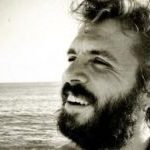 What Can I Do?, asked Emre Ertegün. Taking of from a review of Charles Eisenstad’s The More Beautiful World Our Hearts Know Is Possible, he penned an enthusiastic essay on individual ecological activism and how it relates to being true to one self, and to collective activism.
What Can I Do?, asked Emre Ertegün. Taking of from a review of Charles Eisenstad’s The More Beautiful World Our Hearts Know Is Possible, he penned an enthusiastic essay on individual ecological activism and how it relates to being true to one self, and to collective activism.
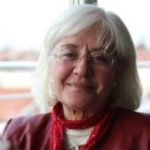 Migrants and Ethnicity was questioned by Sermin Özürküt, former MP for Sweden’s Left Party, weighing ethnic categories and political processes as they form in a changing demography.
Migrants and Ethnicity was questioned by Sermin Özürküt, former MP for Sweden’s Left Party, weighing ethnic categories and political processes as they form in a changing demography.
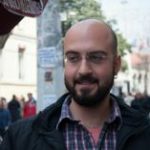 Are Sunny Days to Come? asked Barış Can Sever, reviewing Greenpeace Mediterranean’s Solar Ambassadors training in Kayseri.
Are Sunny Days to Come? asked Barış Can Sever, reviewing Greenpeace Mediterranean’s Solar Ambassadors training in Kayseri.
Yeşil Gazete
Translated and summarised by Alidost Numan.

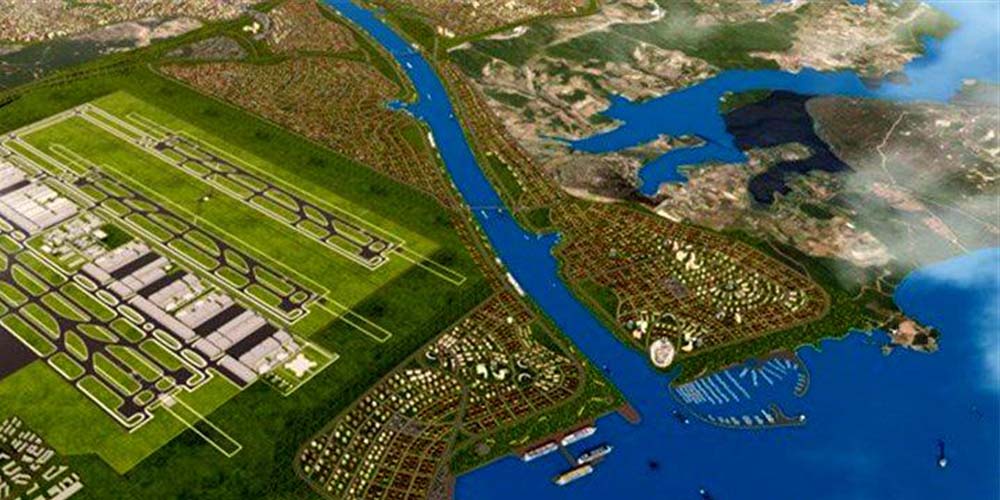
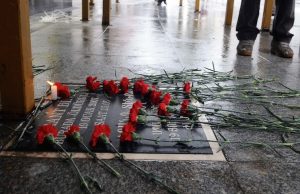
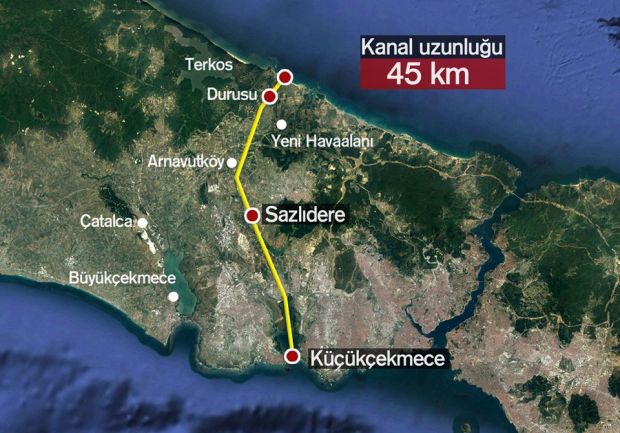
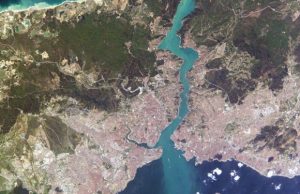


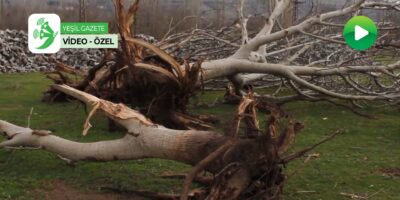
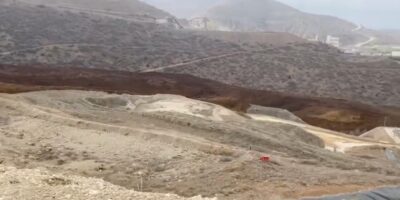
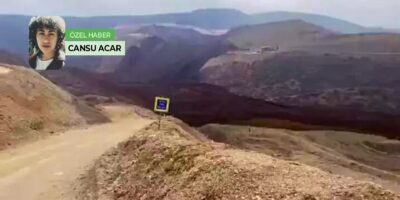

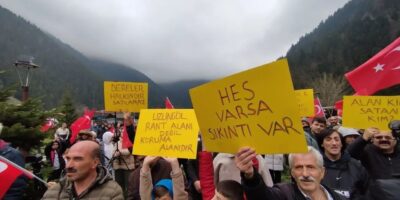
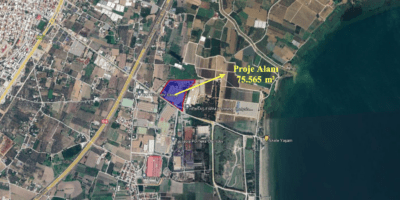
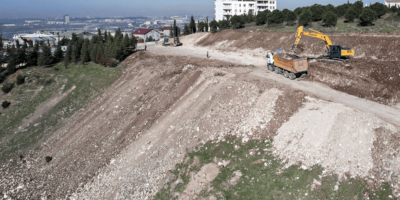
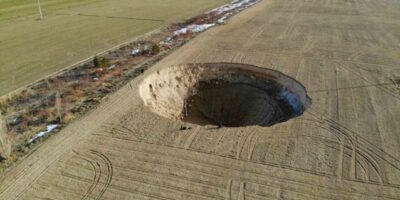
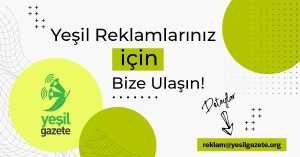
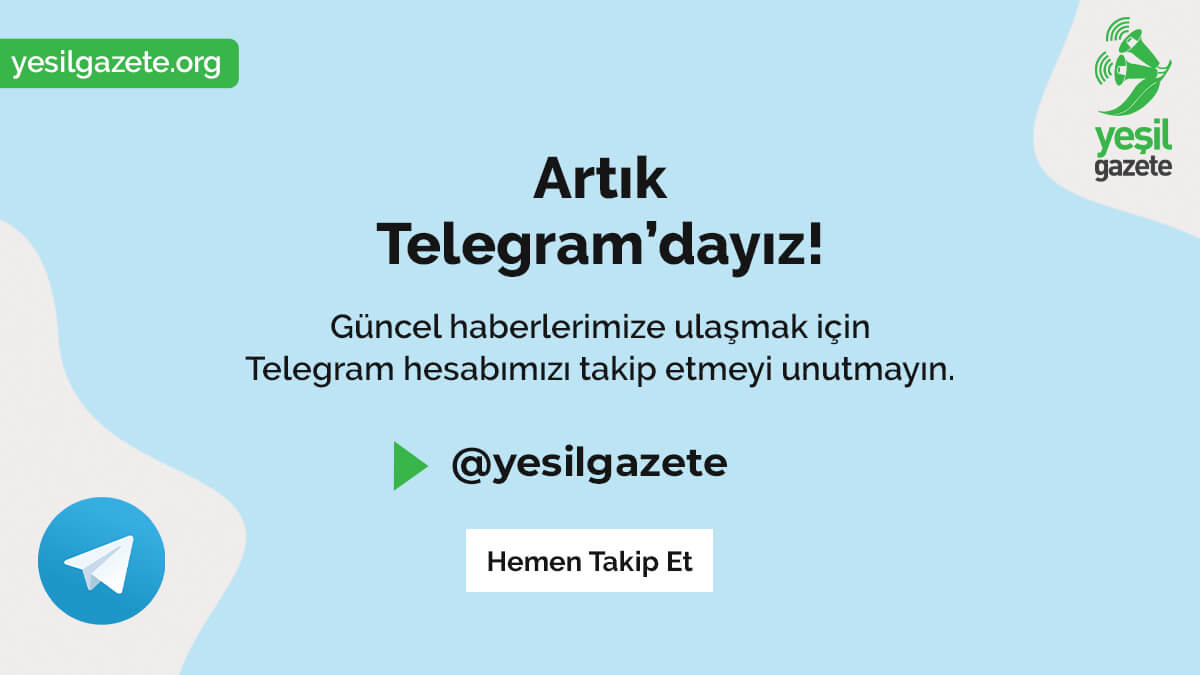
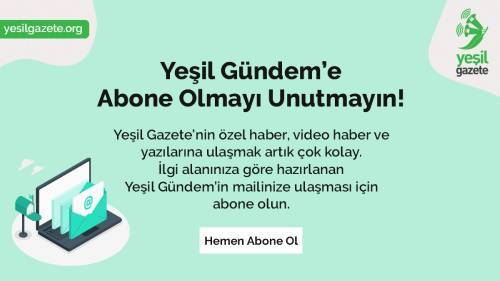
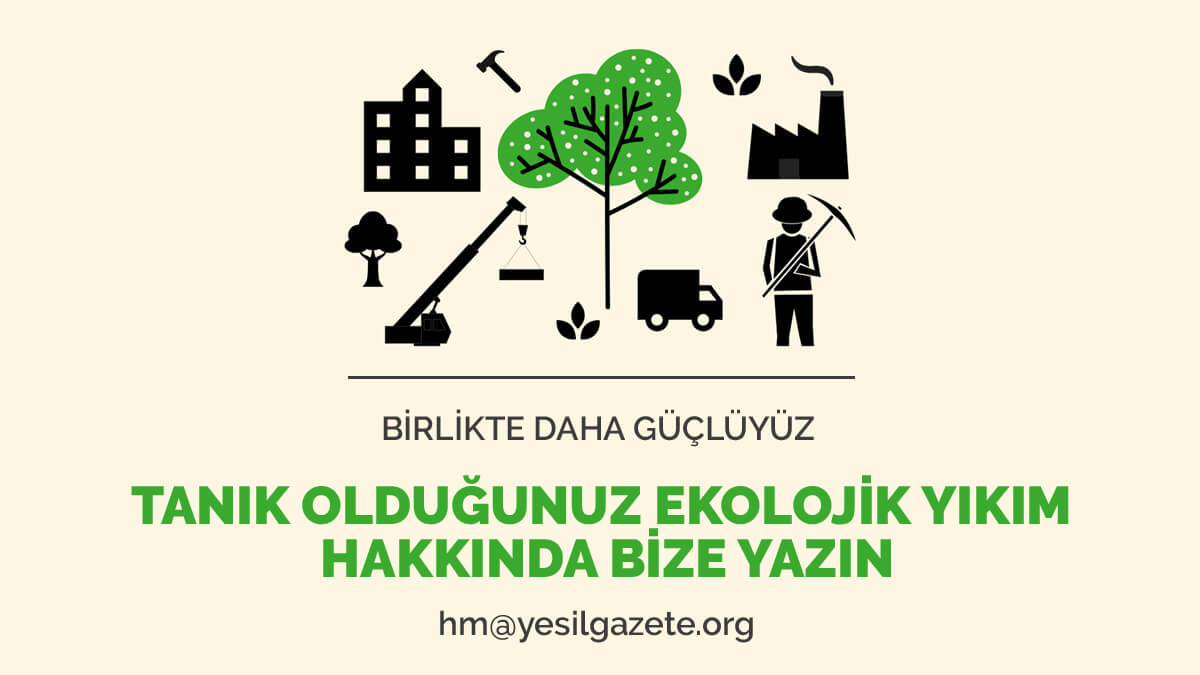

Comments